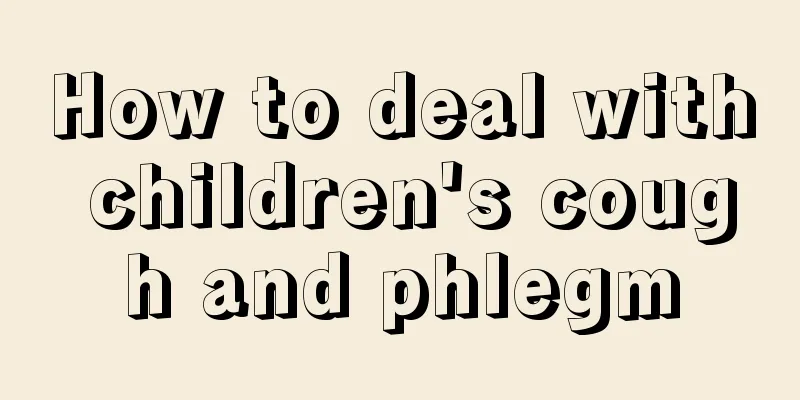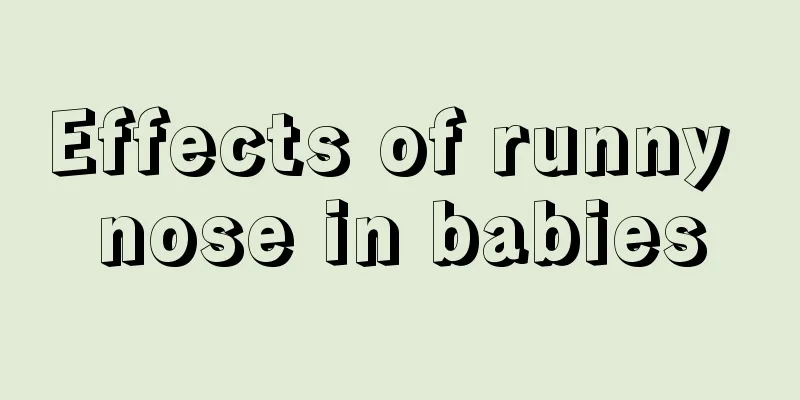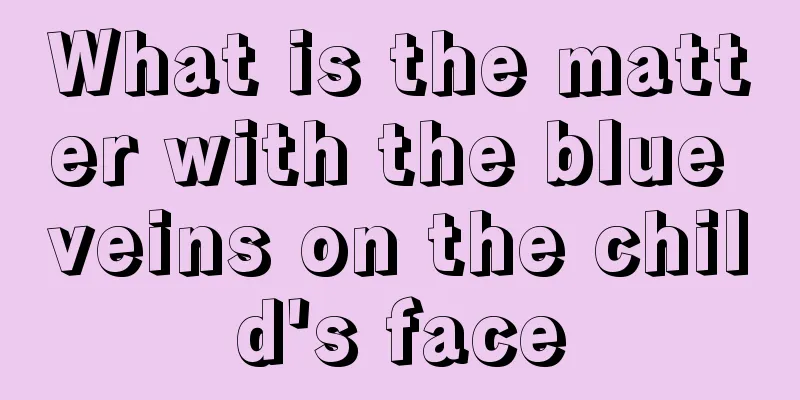What causes children to sweat?

|
Children are lively and active, and they play until they are sweating every day. This is very normal. If a child sweats without much exercise, or even sweats when sleeping at night, it will prevent the child from sleeping well. Poor sleep will have some effects on the growth and development of the child. Therefore, when the child sweats, parents should pay attention to observe and find out the reason for the child's sweating. Physiological hyperhidrosis 1. It is common for babies to sweat during sleep, and it is not always a symptom of physical weakness or illness. Many parents believe that their children’s constant sweating is due to their weak constitution. In fact, a considerable number of children suffer from physiological hyperhidrosis. Physiological hyperhidrosis is more common in the head and neck, often occurring within half an hour after falling asleep, and sweating stops in about an hour. 2. In infancy and childhood, due to the active metabolism and active children, some of them cannot rest even after going to bed at night, so they may sweat on their heads after falling asleep. Parents are often accustomed to deciding the best environmental temperature for their children based on their own subjective feelings, and like to cover their babies with more blankets and keep them tightly covered. Because children's brain and nervous system are not yet fully developed and they are in the growth and development period, their body metabolism is very active. Coupled with the stimulation of overheating, they can only regulate normal body temperature by sweating to evaporate the heat in the body. 3. Some active children exercise a lot during the day and generate a lot of heat. The body is unable to dissipate the excess heat through sweating, so the heat accumulates in the baby's body, and the baby's body temperature can reach around 38°C at night. After the baby falls asleep, the heat generated decreases, the sensitivity of the sympathetic nerves decreases, and the body dissipates excess heat through sweating to maintain normal body temperature. 4. In addition, drinking milk, malted milk or eating chocolate before going to bed can also cause sweating in children. Some parents give their children milk, malted milk, etc. before they go to sleep. After the child falls asleep, the body produces a large amount of heat, which is mainly dissipated through sweating through the skin. In addition, too high room temperature or excessive warmth can also cause children to sweat while sleeping, which are all physiological sweating. Pathological sweating Pathological sweating occurs when the child is in a quiet state, such as sweating caused by rickets, which manifests as obvious sweating on the child's head in the first half of the night after falling asleep. Because the pillow is irritated by sweat, babies often shake their heads and rub against the pillow when they sleep, resulting in sparse hair and loss of hair on the pillow, forming typical annular hair loss on the pillow, which is medically known as "occipital baldness". It is an early manifestation of rickets in infants. As long as vitamin D and calcium are supplemented in time, rickets can be controlled and sweating will stop by itself. |
<<: What to do if your child has seizures
>>: Why do children have trouble falling asleep?
Recommend
What is the treatment for diarrhea in children?
Nowadays, most families have only one child, so m...
Baby chicken skin
Chicken skin is actually a very troublesome hered...
Stages of baby's gastrointestinal development
As we all know, a baby's stomach and intestin...
What medicine should children take for frequent urination
The incidence of urinary system diseases is getti...
Why do children hold their breath?
Holding breath in children is an abnormal reactio...
What are the dangers of anemia in infants
The baby's immunity is very low, and the baby...
What are the reasons for newborn spitting?
We all know that newborns are prone to diseases d...
Baby's
After one month, babies begin to explore the worl...
What should I do if my baby has a blocked nose when sleeping?
Today I will talk to mothers about one of the mos...
Crying after receiving polio vaccine
Poliomyelitis is a common bone marrow disease in ...
Can newborns drink herbal tea?
After forty weeks of pregnancy, the expectant mot...
How to solve the problem of baby's heavy breathing
When parents are taking care of their babies, the...
Blood in children's stool
Blood in the stool sounds scary, let alone childr...
Is hyperactivity in children due to zinc deficiency and how to supplement zinc
Recently, many children have shown signs of hyper...
What to do if your baby always scratches his ears
Every child needs careful care. In life, many par...









